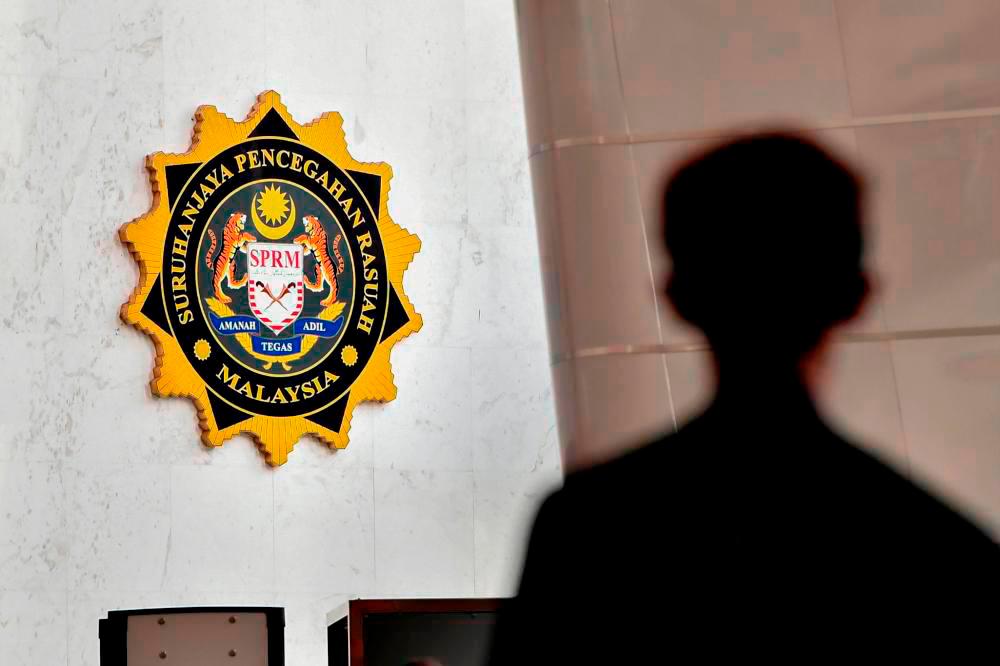KUALA LUMPUR: The Malaysian Anti-Corruption Commission (MACC) yesterday raided the house of a businessman, who is also a ‘Tan Sri’, over an alleged graft probe linked to the government ‘s vehicle fleet procurement and management concession.
It is learnt that the low-profile Tan Sri and several of his companies came under MACC’s probe over contracts worth billions that included the supply and management of government vehicles.
According to media reports, the Tan Sri is also known to be a close-associate of a former finance minister, who himself is under MACC investigations for his extraordinary wealth.
It is learnt that the raid on the Tan Sri’s house is part of a probe which first started in July 2023.
Multiple companies linked to the Tan Sri were also raided by the MACC and a substantial sum of money in over 100 personal and company accounts were scrutinised as part of the investigations.
Based on media reports, MACC chief commissioner Tan Sri Azam Baki confirmed of the raid but declined to comment further.
A check on the company’s website reveal that its fleet management services include ‘vehicle financing, maintenance, telematics, fuel management and a host of other services’.
In 2020, the then Treasury secretary-general Tan Sri Ahmad Badri Mohd Zahir revealed that the concession for managing the government’s vehicle fleet had been held by a sole limited company owned by the Tan Sri in question since 30 October 1993.
The agreement expired on 31 December 2018 and Ahmad Badri revealed that the future management of the government’s vehicle fleet would be tendered out in an open and transparent manner.
In February 2018, the government called for proposals for the contract to supply, maintain and manage its fleet of official vehicles for the next 15 years.
A local consortium won the bidding with the lowest offer but when the government changed, the incoming government of Tan Sri Muhyiddin Yassin terminated the Letter of Intent (LOI).
The tender was given back to the same company in question despite it being ‘RM700 million’ more expensive than that of the consortium that won the tender with the lowest bid.









